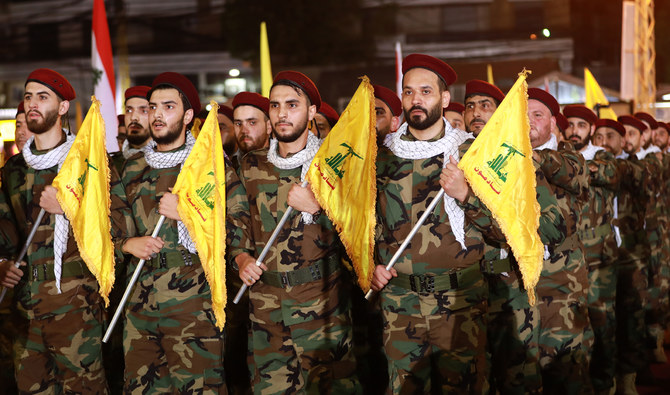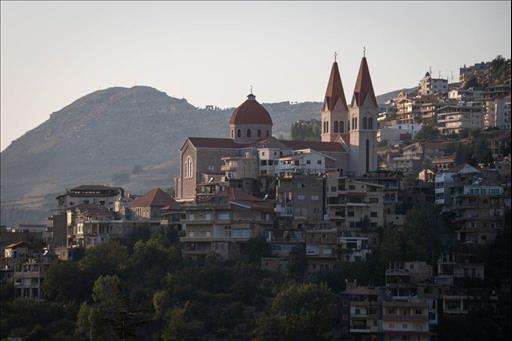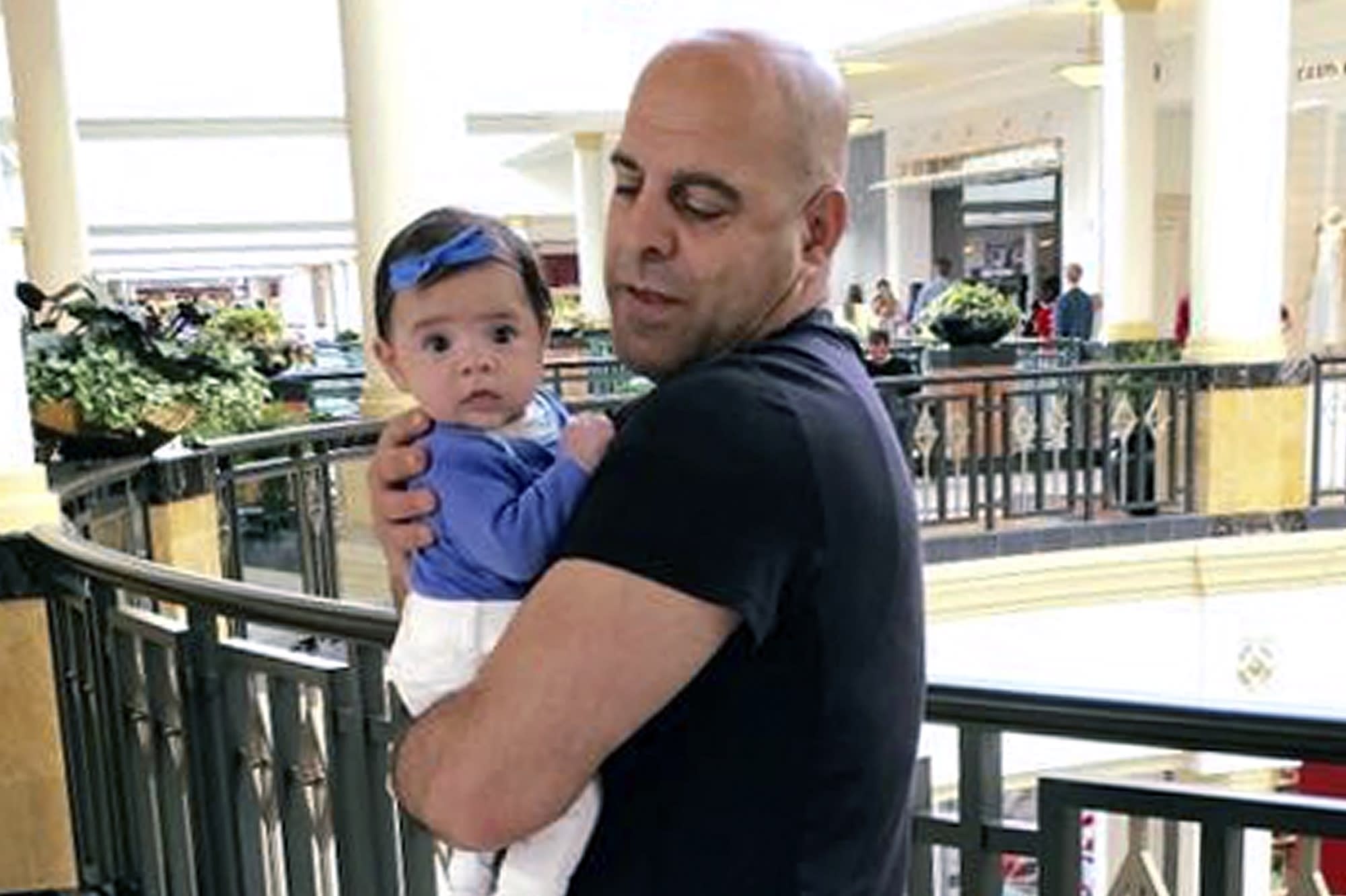
by breitbart.com — Outspoken Lebanese pop star Elissa, one of the most popular female singers in the Arab world, on Monday accused her government of refusing to cancel flights from Iran to keep the Wuhan coronavirus at bay because officials feared to antagonize Hezbollah. “Only because we don’t want to upset Hezbollah, we don’t stop Iran flights. On top of all that, they tell us not to panic!” she exclaimed. “When will we be rid of the sheep’s mentality and start talking logic and science?? What is this place we live in??” she asked.
The singer was responding to Lebanon’s first confirmed case of the coronavirus, a 45-year-old woman who apparently brought the virus with her from Iran and is currently hospitalized in Beirut. A second case was confirmed and quarantined in Beirut after Elissa made her remarks. The second patient reportedly arrived on the same flight from Iran as the first one. In the course of reporting Elissa’s comments, al-Arabiya News noted that other Lebanese are making similar points about the recklessness of allowing travel from Iran even as coronavirus cases add up quickly in that country. Iran has reported 139 infections and 19 deaths to date, the highest numbers outside China. “Lebanon continues to allow Iran to export its virus, sectarianism, arms, and funds to Hezbollah,” Lebanese journalist Jerry Maher charged.
![Lebanon's banks, which have imposed increasingly restrictive informal restrictions on cash withdrawals and transfers abroad, have incurred the ire of anti-government protesters amid the country's worst economic crisis in decades [File: Mohamed Azakir/Reuters]](https://www.aljazeera.com/mritems/imagecache/mbdxxlarge/mritems/Images/2020/2/24/fbad2933472d40cbbe34a7f08720fb7f_18.jpg)










